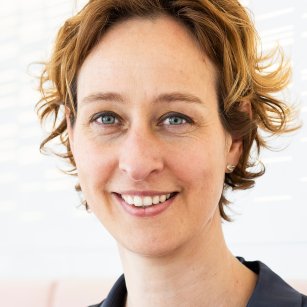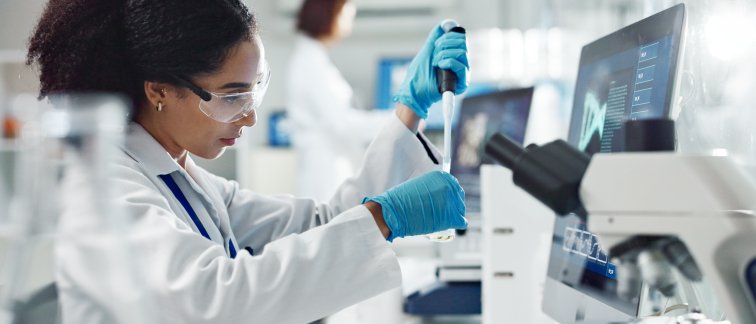A total of €24 million in ZonMw Open Competition has been allocated to support 29 research teams advancing innovative fundamental (bio)medical research. Of these, nine teams include leading researchers from Amsterdam UMC, with three of these teams being associated with our AI&I institute. This notable representation underscores the power of collaboration. The projects, each awarded approximately €800,000, cover a broad array of subjects. But they all share one core principle: groundbreaking science thrives at the intersection of disciplines.
Below, we highlight the three projects led by AI&I researchers, starting with the two projects where Amsterdam UMC stands at the forefront.
Toward more effective anti-tumor therapies – Prof. van Kooyk
The tumor microenvironment in pancreatic cancer is a complex and ever-changing web of tumor cells, connective tissue, and immune cells—one that actively suppresses the body’s defenses. Prof. Yvette van Kooyk, an expert in Molecular Cell Biology and Immunology, is investigating how abnormal sialylation—the attachment of sugar molecules to proteins—further weakens immune responses. Certain sugars bind to Siglec receptors on immune cells, reducing their activity. By unraveling this mechanism, Prof. van Kooyk and her team hope to pave the way for more effective anti-cancer treatments. In collaboration with RadboudUMC colleagues she investigates this tumor-stromal-immune cell dialogue in 3D microscopic models, in which sugar-receptor interactions biophysically alters the immune system.
Unraveling the role of B cells in Rheumatoid Arthritis – Prof. Tas
Rheumatoid arthritis (RA) is a chronic inflammatory joint disease in which B cells play a central role—triggering immune responses that cause pain, joint damage, and diminished quality of life. Yet much remains unknown about how these cells arise and persist, especially since they reside in hard-to-access areas of the body. This project aims to study B cells from multiple immune system compartments—blood, lymph nodes, bone marrow, and inflamed joint tissue—across different RA stages. Prof. Tas and his team, in collaboration with
LUMC colleagues, secured €800,000 in funding for the research.

Immunotherapy: why do some patients experience side effects— while others do not? – Dr. van Maldegem
While immunotherapy is a breakthrough in treating advanced cancers, it can sometimes backfire—causing the immune system to attack healthy tissues, such as the heart. In a cross-disciplinary collaboration, Dr. Febe van Maldegem and colleagues from Erasmus MC are exploring why some patients develop these severe side effects.

Bringing together pulmonologists, cardiologists, immunologists, and bioinformaticians, the team is using preclinical models, patient tissue samples, and advanced technologies to pinpoint the mechanisms behind therapy-induced autoimmunity. Their goal: to make immunotherapy safer, without compromising its cancer-fighting power.
The ZonMw Open Competition
The ZonMw Open Competition is designed to foster intellectual curiosity and facilitate bold interdisciplinary collaborations. The program supports innovative, high-risk research that arises from the emergence of distinct fields, enhancing each other's strengths. It is intended for researchers across diverse disciplines who embrace the principles of "Team Science." While scientific excellence is essential, equally important is the dissemination of results and the translation of discoveries into tangible societal applications.
Read more about the great achievements of our AI&I researchers:

